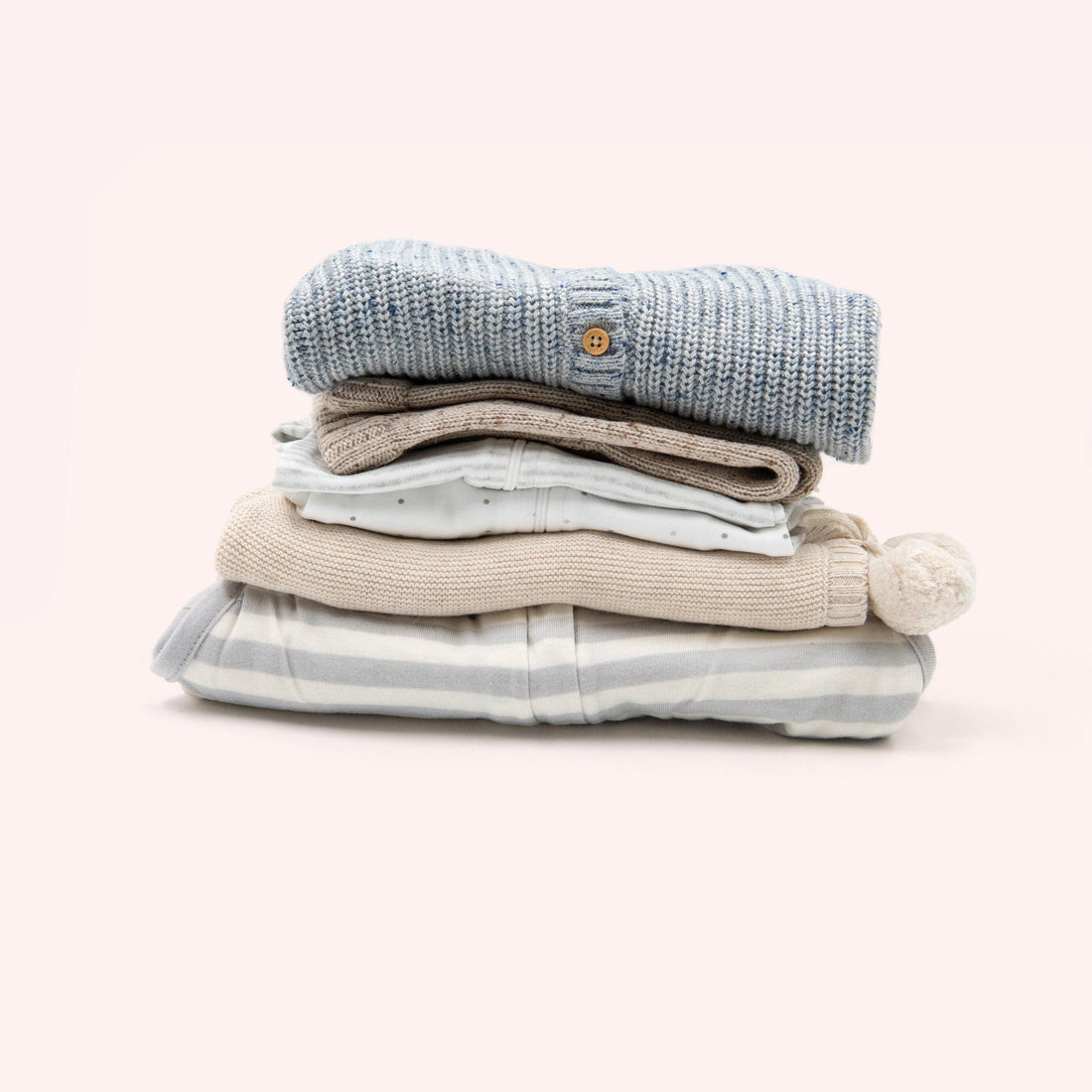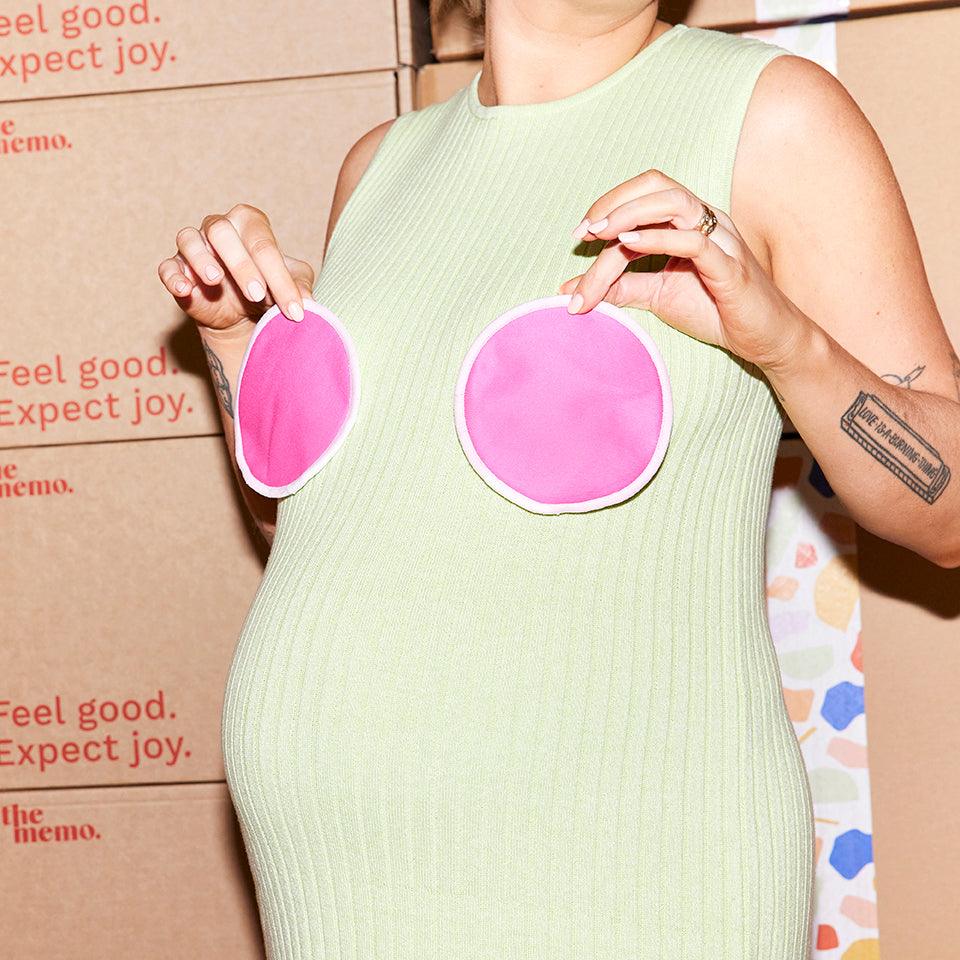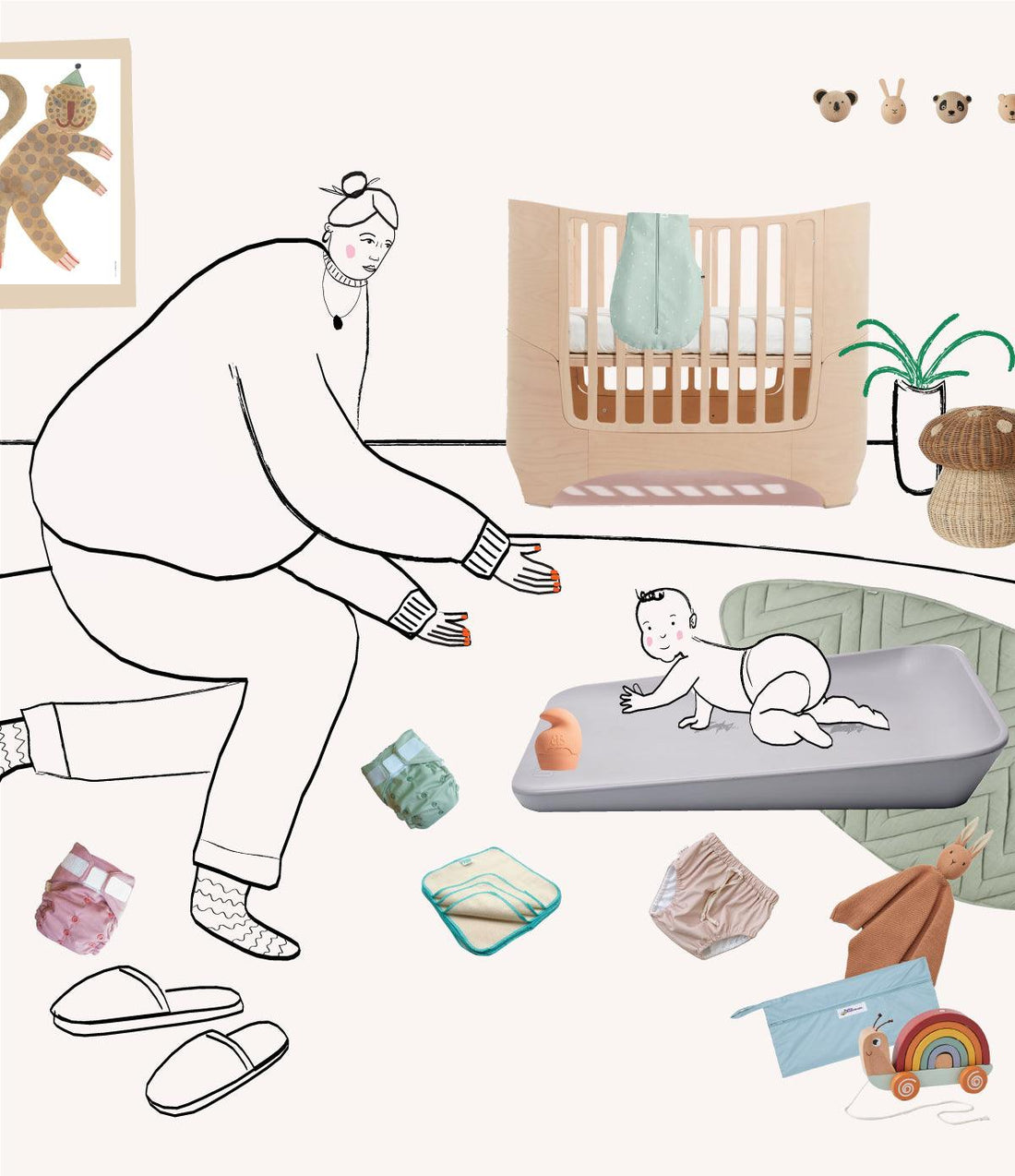What and how to give and streamline the process of getting it to where it's needed.
We’re the generation who has to deal with the ecological impact of our own nappies, so we’re well aware that babies come with a lot of waste. Choosing reusable over disposable is a great way to minimise it, as is shopping thoughtfully for good quality products from eco-aware brands (like the ones we stock at the memo). One of the biggest advantages of buying quality baby gear is that it lasts and can be used by another baby down the track, either your own, or someone else’s. Donating is (selfishly) a great way of freeing your home from having to become a storage facility, and (not selfishly) a way of giving people in need access to the things they otherwise wouldn’t have. And really, someone else should benefit from your good taste. It’s a gift. But much like recycling, it takes a little prep work and sorting to be an effective donation, one that will go to the exact person who needs it, ready for them to use it, fast. Ahead, our golden rules for passing things on.
Target your market
If you’re passing something on to a friend, make sure it’s something they need. Ask them first if they already have a bouncer/sleep suit/carrier etc. and if they would like yours. If you’re passing on clothes, make sure it’s the right size and season for immediate use. In practice, this looks like dropping off a stack of 0000 onesies and singlets to your friend who’s about to give birth, or a few pre-loved swimsuits in the exact size a friend’s baby will be this summer, it doesn’t look like: a stuffed bag of jumbled items in a wide variety of sizes and seasons that your heavily pregnant mate will have to sort and store themselves. Often this results in the whole lot getting chucked because it’s all too hard. If you’re donating to an organised charity or shelter, the same rules apply, give items the organisation needs. You’ll find their approved donation list, and if they don’t have one, or you’re not sure about something, call and ask. The approved lists will also specify the types of items they allow, for example, St Kilda Mums take carriers but only upright styles, not slings. So check the specifics.
Wash and assess
Clothes that have been sitting in drawers, even just for a few weeks, can start to smell a bit stale, and all donations should be in as-new condition, so give them a wash and make sure they are like-new. Washing them yourself saves charitable organisations so much time, meaning your items to get to someone who needs them much faster. St Kilda Mums has two industrial washing machines, and they are consistently rotating pram covers, play mats and other big things, they don’t have time to do clothes as well, so help them out. You know why else you should wash the clothes? Because when you’re having a hard time, a little bit of kindness is so important. Think back to a time you’ve been short, either your student days or a whole lot of bad luck at once, you could probably go to your parents for a Sunday dinner, or a friend would buy your coffee. It’s not the food but the thought and effort that lifts your spirits and makes you feel loved. So wash, and assess. Anything with stains, rips or holes, take it to a clothing recycling drop off (that makes clothing into something else), only the items in tip-top condition should be donated. The kind of things you’d give to your BFF to use.
Pack with care
Once sorted, you’ll be saving the organisation workers (often volunteers) so much time by grouping the clothes by size, putting them in individual bags and writing the size, season and gender (if relevant) on the front. E.g. “Size 2, Winter, Girl”. Pack them in a bag together, and drop them at the post office. Then think about the mum who’ll receive it, and how much they’ll appreciate it. Good work. Good feels.
Want to play your part? Take our Eco Challenge from May 23 - June 7 to pass on your pre-loved goods to St Kilda Mums. Learn more here.
















